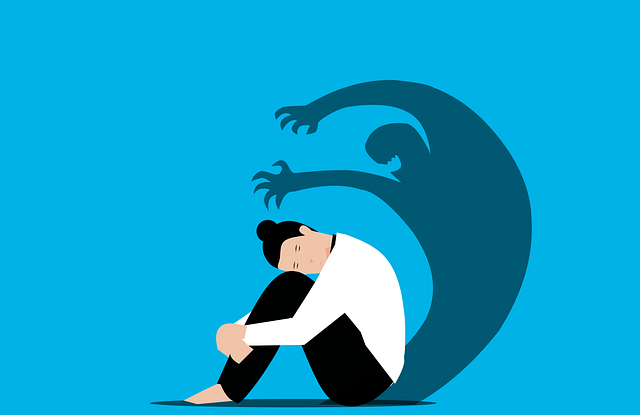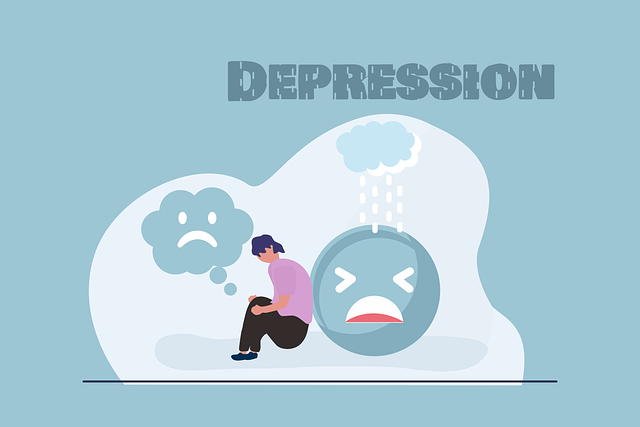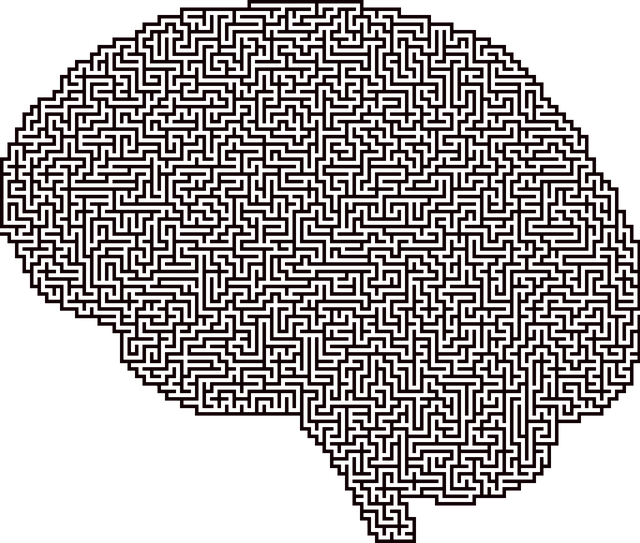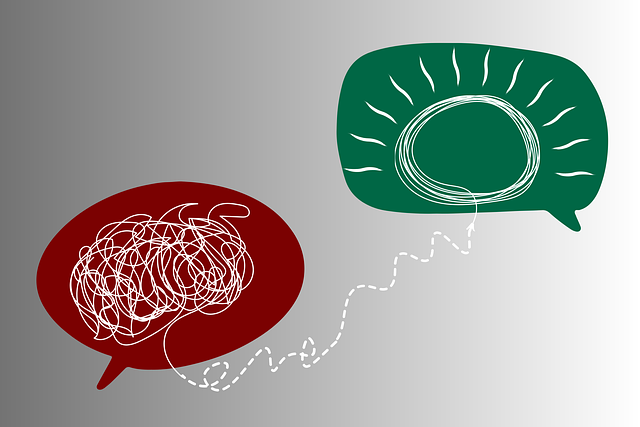Aurora Mental Health Evaluations Therapy focuses on building resilience through their RFM model, combining psychological evaluations, therapy, and personal growth strategies. Tailored sessions teach effective coping mechanisms, enhance emotional fortitude against depression, and enable individuals to manage life's challenges. Their approach, emphasizing mindfulness and stress reduction methods, prioritizes burnout prevention for healthcare professionals while reducing mental illness stigma. Through practical exercises fostering Emotional Intelligence, Aurora Mental Health Evaluations empowers clients with the tools to navigate life's difficulties with increased self-reliance and improved well-being.
“Uncover the power of resilience with an in-depth exploration of RFM (Recovery, Flexibility, and Mastery) and its transformative impact on mental health. This comprehensive guide delves into a unique framework designed to build emotional strength and adaptability. We examine the role of Aurora Mental Health Evaluations as powerful tools for personal growth and self-discovery.
Discover effective therapy techniques aimed at enhancing coping mechanisms, followed by practical exercises to empower individuals in navigating life’s challenges. Explore real-life success stories from RFM therapy sessions, showcasing its effectiveness in fostering mental resilience.”
- Understanding RFM: A Framework for Mental Health Resilience
- The Role of Aurora Mental Health Evaluations in Personal Growth
- Therapy Techniques to Enhance Resilience and Coping Mechanisms
- Practical Exercises for Building Emotional Strength and Adaptability
- Real-Life Applications: Success Stories from RFM Therapy Sessions
Understanding RFM: A Framework for Mental Health Resilience

Resilience, often described as the ability to bounce back from adversity, is a crucial component of mental health and well-being. Understanding this concept better can be life-changing, especially for those seeking to improve their emotional fortitude. The RFM model—a framework for mental health resilience—is an innovative approach that combines various aspects of psychological evaluations, therapy, and personal growth strategies.
Aurora Mental Health Evaluations offers a unique perspective on building resilience by integrating these elements. Through tailored therapy sessions, individuals can enhance their coping mechanisms, develop confidence-boosting strategies, and equip themselves to prevent or manage conditions like depression. By focusing on the RFM principles, one can navigate life’s challenges more effectively, fostering a sense of empowerment and overall mental resilience.
The Role of Aurora Mental Health Evaluations in Personal Growth

Aurora Mental Health Evaluations play a pivotal role in personal growth by providing a comprehensive understanding of an individual’s mental well-being. These evaluations go beyond simple diagnosis; they act as a roadmap for tailored therapy and coping skills development. Through structured questionnaires and expert analysis, they uncover hidden strengths and weaknesses, enabling individuals to take charge of their mental health.
The insights gained from Aurora Mental Health Evaluations facilitate the implementation of effective Stress Reduction Methods and Mindfulness Meditation techniques. By integrating these practices into daily routines, folks can enhance their resilience, fostering a profound sense of inner calm amidst life’s challenges. This proactive approach empowers them to navigate stressful situations more effectively, ultimately leading to improved overall well-being.
Therapy Techniques to Enhance Resilience and Coping Mechanisms

Resilience is a crucial aspect of mental well-being, especially in demanding fields like healthcare. Aurora Mental Health Evaluations Therapy offers innovative approaches to enhance resilience and coping mechanisms among professionals. Through tailored therapy techniques, healthcare providers can develop effective burnout prevention strategies. This includes exploring Coping Skills Development, where individuals learn to navigate stress and adversity.
One key approach is incorporating Communication Strategies into therapy sessions. By fostering open dialogue and supportive environments, therapists assist clients in expressing emotions and finding healthy outlets. These methods not only strengthen coping abilities but also create a sense of community, addressing the unique challenges healthcare providers face.
Practical Exercises for Building Emotional Strength and Adaptability

Building emotional strength and adaptability is a crucial aspect of navigating life’s challenges, especially for those managing mental health conditions. Practical exercises derived from Aurora Mental Health Evaluations can serve as effective tools in therapy sessions to foster resilience. These exercises focus on enhancing Emotional Intelligence (EI), enabling individuals to better understand and manage their emotions during stressful situations.
Through engaging in these activities, clients can learn to recognize triggers, develop coping strategies, and build a more adaptive mindset. For instance, mindfulness meditation practices have been shown to reduce symptoms of anxiety and depression, while cognitive reframing techniques encourage positive thinking and emotional regulation. Such efforts contribute to Mental Illness Stigma Reduction by promoting Mental Health Awareness and empowering individuals to take control of their well-being.
Real-Life Applications: Success Stories from RFM Therapy Sessions

In the realm of mental health and therapy, the Real-Life Applications (RFA) of RFM Therapy stand out as powerful success stories. Aurora Mental Health Evaluations have shown remarkable results in integrating RFM techniques, which focus on Resilience, Flexibility, and Mindfulness. Through these sessions, individuals learn to cultivate positive thinking and develop coping skills that empower them to navigate life’s challenges with greater ease.
The therapy sessions often involve mindfulness meditation as a core component, teaching clients how to remain grounded in the present moment. This practice not only enhances their ability to manage stress but also strengthens their resilience. As a result, individuals emerge from these therapies equipped to handle adverse situations, fostering a sense of self-reliance and overall well-being. Such success stories serve as a testament to the effectiveness of RFM in transforming lives and building a more robust mental framework.
In conclusion, the integration of RFM principles, Aurora Mental Health Evaluations, and targeted therapy techniques offers a comprehensive approach to building resilience. By combining these strategies, individuals can develop robust emotional strength and adaptability, effectively navigating life’s challenges with newfound coping mechanisms. This holistic method not only empowers personal growth but also serves as a powerful tool for mental well-being, as evidenced by the inspiring success stories from RFM therapy sessions.












